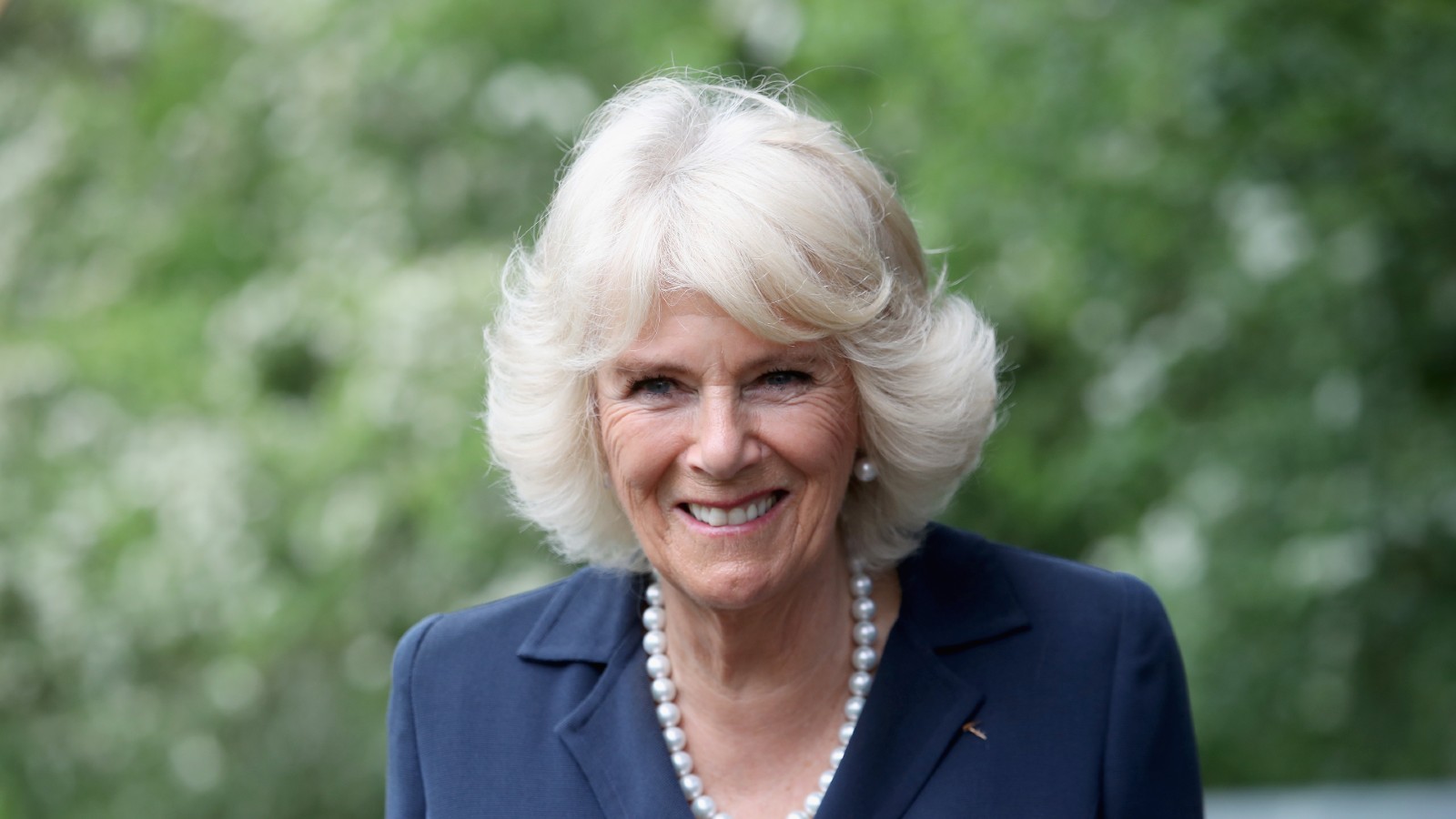The reason Camilla, Duchess of Cornwall ‘leapt for joy’ when getting her Covid-19 jab
She was very excited for this unusual reason...


The Duchess of Cornwall reveals that she was overjoyed when she was able to get the COVID-19 vaccine. She also revealed that she ‘leapt for joy’ when she found the vaccine to be pain-free.
• The Duchess of Cornwall reveals she 'leapt for joy' when she found that the vaccine was painless.
• The royal couple visited a vaccine center to offer their support to patients getting the vaccine.
• This follows Royal News that the Duke of Edinburgh has been admitted to hospital
On 17 February 2021, Charles, the Prince of Wales, and Camilla, the Duchess of Cornwall, visited the Queen Elizabeth hospital in Birmingham to show their support for volunteers undertaking clinical trials for COVID-19 vaccinations.
Camilla and Charles spoke to Nicki Cadwallader, a patient who had her vaccine as part of a trial for cancer patients. The pair reassured the patient that the vaccine wasn’t painful and she would be just fine.
Charles told Nicki, "Don't worry it doesn't take too long." Camilla added, “'It's a good thing. It doesn't hurt." Camilla continued, “I was waiting for it to be done and they said, It has been done. It was painless. It was brilliant. It's very good when it's over as you feel more secure. Panic over.”
Read more from woman&home:
• Best pillow for a comfortable, pain-free night’s sleep
• Best scented candles for a warm and cozy home this winter
• Best kindles for digital book lovers - we help you decide which one to buy
A post shared by Clarence House (@clarencehouse)
A photo posted by on
Later on, Camilla told the vaccination trial staff: 'I leapt for joy. I didn't feel anything. I'm eternally grateful for everything.” Both Charles and Camilla were vaccinated prior to this event.
Sign up to our free daily email for the latest royal and entertainment news, interesting opinion, expert advice on styling and beauty trends, and no-nonsense guides to the health and wellness questions you want answered.
Last week it was confirmed by Clarence House that Prince Charles and Duchess Camilla got their first Covid-19 vaccine as they are both over 70 and therefore on the fourth priority list for the vaccine rollout.
During the visit, Prince Charles was in good spirits as he mused that the NHS is 72 years old, which is the same age as him. He joked, “'But the NHS has done a great deal better I can assure you than I have. As I am gradually falling apart.”
Later, the couple revealed a plaque that was dedicated to the “incredible efforts” that the NHS staff at this hospital are making during the pandemic.
The Prince of Wales also commented during the visit, “I know, over the last year it must be absolutely exhausting for so many of you, but I know the NHS is such an enormous team and there are masses of people who are unsung and unseen heroes and heroines. We owe them all such an enormous debt of gratitude and for so many of you particularly, the pressures are huge.”
Laura is the Entertainment Editor for woman&home who primarily covers television, film, and celebrity news. Laura loves drinking and eating and can often be found trying to get reservations at London's trendiest restaurants. When she's not wining and dining, Laura can also be found travelling, baking, and hiking with her dog.
